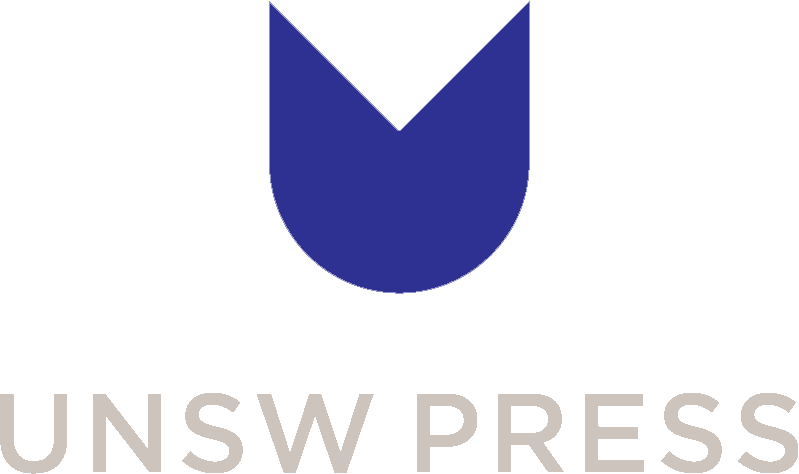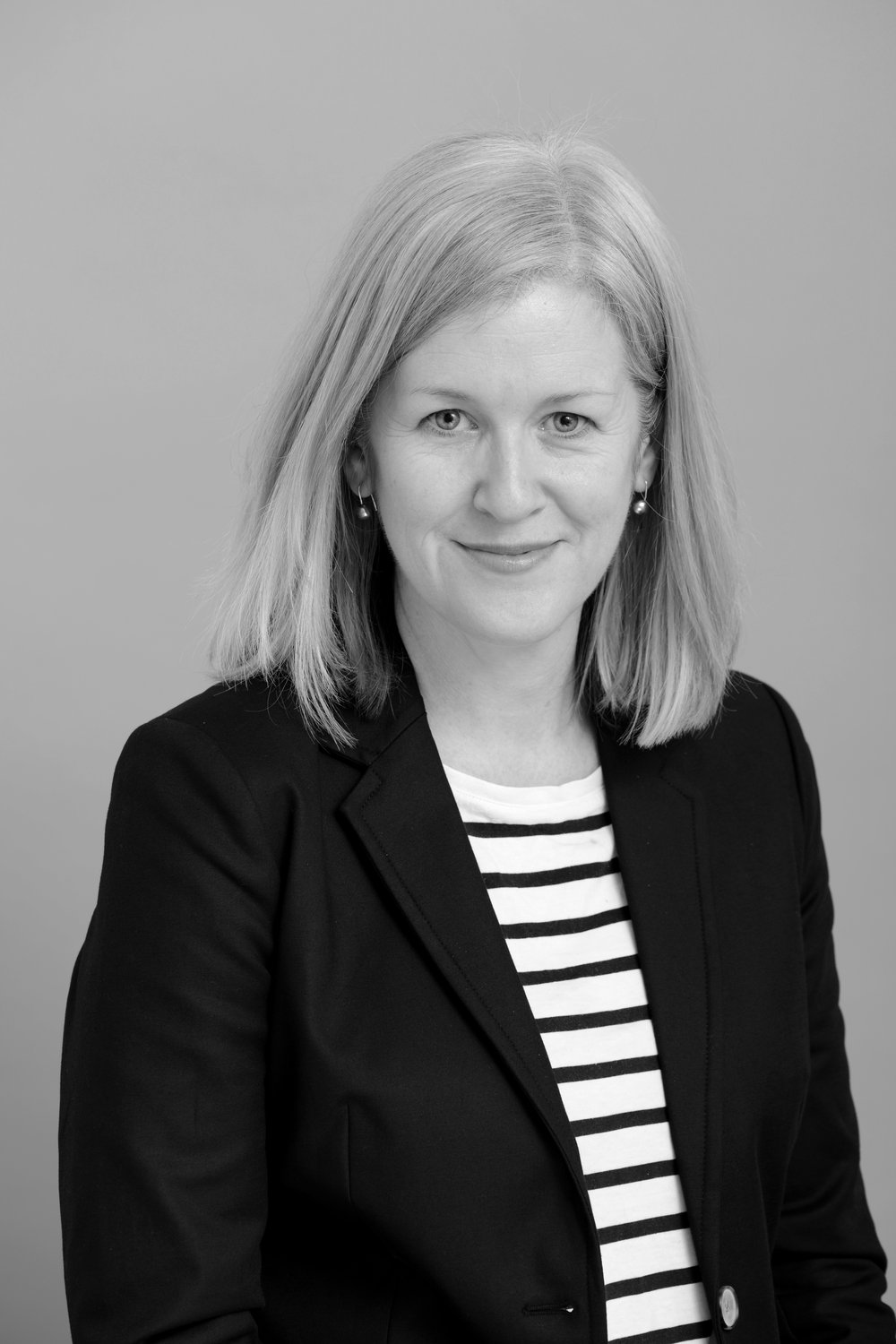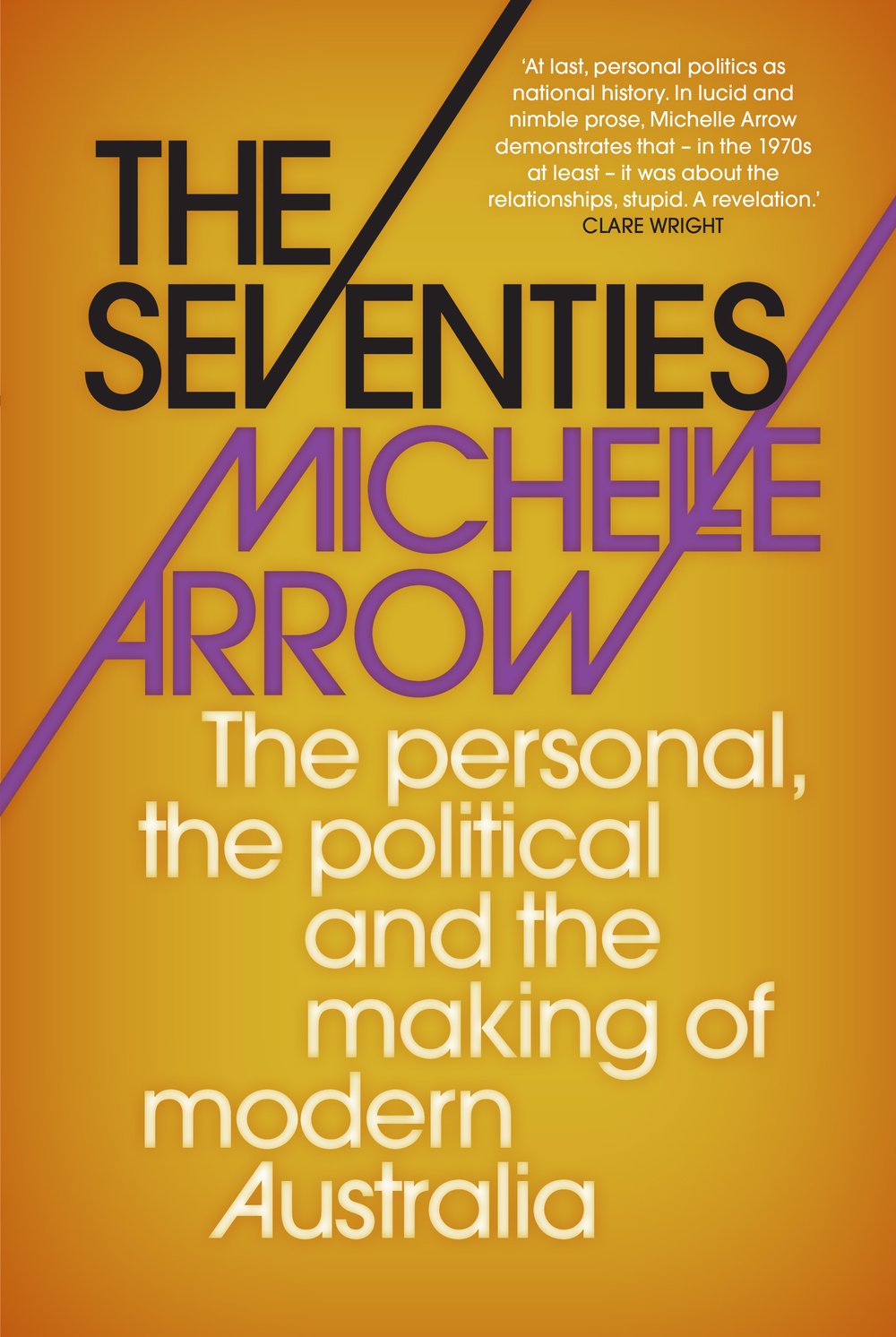#MeToo. Marriage equality. The Royal Commission into responses to child sexual abuse. Domestic violence. Today, the politics of private experience takes up a lot of space in public debate. There’s good reason for this: these issues resonate because they impact so many of us. Public discussion of these issues is characterised by an emphasis on personal testimony – on individuals speaking about private experiences in public. Think of Chrissie and Anthony Foster, advocates for survivors of institutional child sexual abuse, or Rosie Batty, the 2015 Australian of the Year who found a public voice as a woman who had endured domestic violence. The marriage equality campaign used ordinary people’s love stories to encourage Australians to vote ‘yes’. And in the US and Australia, #MeToo has resonated so strongly because it has given women who have experienced sexual abuse and assault a platform to share their stories.
Today, this emphasis on narratives of private experience is so commonplace that it’s hard to conceive of a time before it. Yet it is a surprisingly recent practice. Sharing personal stories to raise awareness and affect political change was one of the core strategies of the women’s liberation movement of the 1960s and 1970s. It is a strategy, and idea, best summed up by the slogan ‘the personal is political’. The women’s liberation and gay rights movements were built upon this principle, which had many permutations: from coming out and consciousness-raising, to the creation of rape crisis centres, or staging political demonstrations like the Sydney Gay and Lesbian Mardi Gras that were equal parts party and protest.
In short, in the 1970s, our ideas of what was ‘public’ and what was ‘private’ began to change. Women’s liberation and the gay and lesbian rights movement criticized the idea that things that happened in private were beyond the realm of politics. Establishing women’s refuges, and demanding that governments fund them, is one of the best examples of this politics in action, but it also forced other issues onto the political agenda, including abortion law reform, the decriminalisation of homosexuality, and the provision of child care. These issues, activists insisted, were not individual problems for individuals to solve; they were structural, social, and deeply political.
The Seventies examines not just how activists made the personal political, but it also considers how this idea reshaped Australian politics. New understandings of gender and sexuality placed new issues on the political agenda. When Gough Whitlam’s Labor government won office in December 1972, he had not a single female MP among his ranks. His response to the women’s movement’s new demands on government was to appoint a women’s advisor (a world first). Elizabeth Reid, the woman who was chosen for the role, worked to make government more responsive to women’s needs, focusing on the expansion of child care services, and on devising a large program of events and celebrations for International Women’s Year in 1975. She also helped shepherd the Royal Commission on Human Relationships into existence in 1974.
The Royal Commission on Human Relationships was my starting point for writing The Seventies. To contemporary ears, a government inquiry into ‘human relationships’ doesn’t seem so strange: after all, we’ve now lived through decades of public discussion of our intimate lives. But back in the Whitlam era, this Royal Commission was a new and confronting prospect. Conceived as a kind of consolation prize after a failed attempt to reform abortion law in the ACT, the Royal Commission expanded, inviting Australians to share their views on sex and sex education, abortion, family life, family planning, parenthood, child care, women’s rights, and homosexuality. It generated a rich archive of Australian private life. Yet by the time the Royal Commission’s final report was delivered in 1977, the Whitlam government had been dismissed and the Fraser government was less sympathetic to the Commission’s 500 recommendations. ‘The personal is political’ would take on different meanings under a more conservative government, especially when used by activists who wanted to challenge feminist reforms. The emergence of neoliberalism as the new economic orthodoxy in the late 1970s saw many activists employ the language of efficiency and value: a far cry from their calls for liberation just a few years earlier.
Looking back on the seventies today, it is clear that the feminist and sexual revolutions reorganized our public and private lives, with far-reaching consequences. The fault lines in Australian politics have blurred and shifted so that politics today is organised as much by gender and sexuality as it is by older ideas of left and right. As our politics has changed, our public culture has found space for a greater diversity of voices, though those who are white and middle class are still more prominent than others. We are still coming to terms with the consequences of the transformative politics of the seventies. Revisiting the history of this politics, then, is more urgent, and more resonant, than ever.
Michelle Arrows's book The Seventies: The personal, the political and the making of modern Australia will be published by NewSouth in March 2019.



